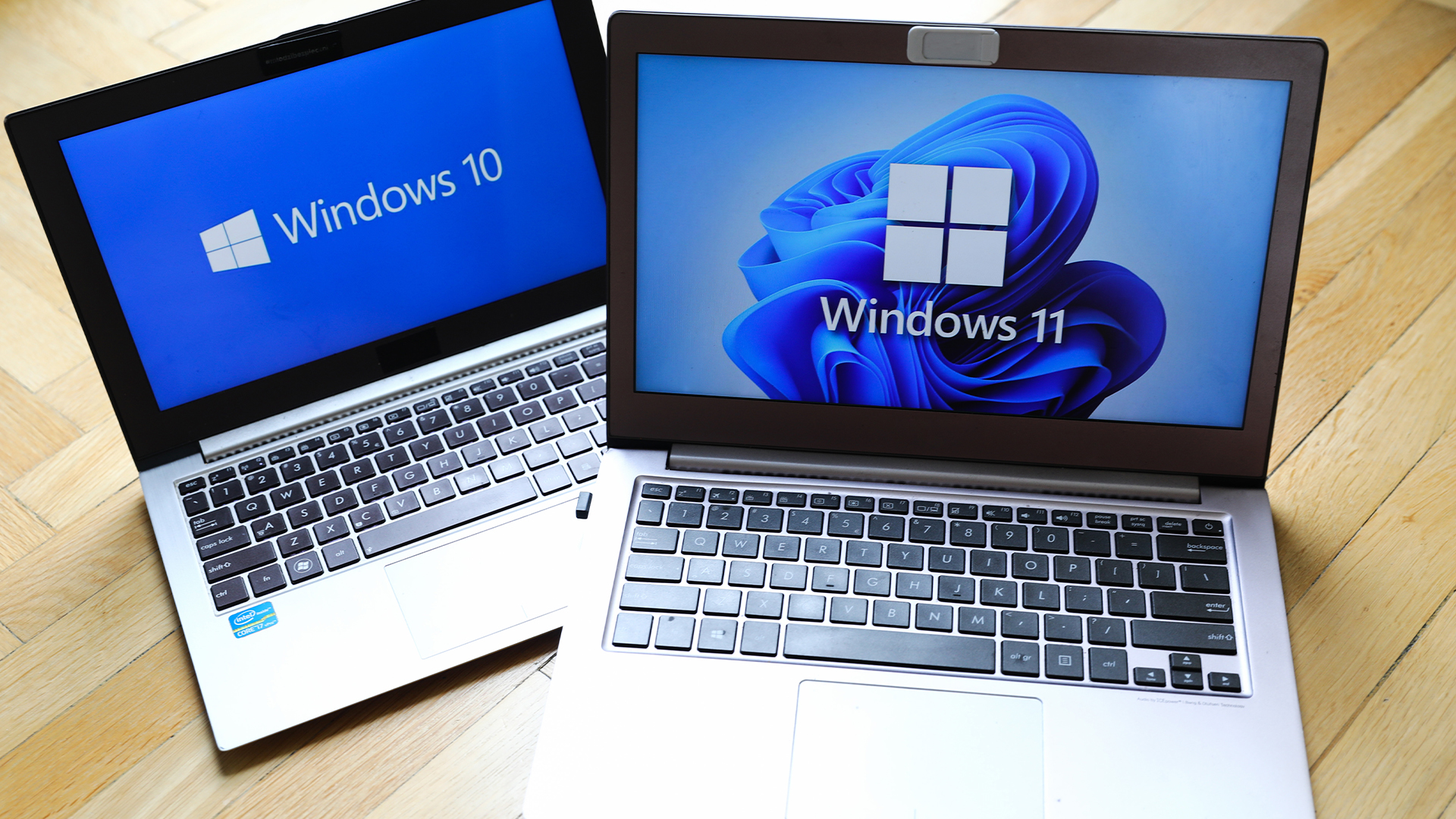Staying secure upon the death of Windows XP
Extended support for XP will soon be no more. Tom Brewster asks if your business is ready for the deadline?


When Europol, Europe's policing agency, is warning about the end of Windows XP support, it's clear the situation has become critical. The head of the body's European Cyber Crime Centre (EC3) puts it bluntly: "People have to realise that if they connect to the internet with a Windows XP machine after 8 April, they will become easy targets for hackers. This goes for individuals as well as for companies and government services."
Such comments could cause various organisations to panic. A large range of critical systems, from cash machines to NHS computers, are still running XP. Yet there are solutions for those who haven't started on the road to XP migration and pragmatism is the only attitude businesses should adopt. "There are lots of options and there is still time," says Javvad Malik, an analyst at 451 Research.
People have to realise that if they connect to the internet with a Windows XP machine after 8 April, they will become easy targets for hackers.
Keeping security tight
That said, extra security protections for XP machines are a must. Now is the time to ensure apps are up to date, flaws are patched, often-vulnerable software like Java is disabled where possible and basic protections like anti-virus are doing an effective job, Malik recommends.
A simple inventory will highlight where problems lie with XP. Companies have to ask themselves what systems are running XP, what functions they perform, are they critical for ongoing operation and where are they deployed? "Answering these questions will help identify the first systems that need to be migrated, those running business critical tasks that are exposed to the internet," says Russ Spitler, vice president of product strategy for security provider AlienVault.
"From there, systems further from the core of the business can be added to the list for migration as they expose the business to a smaller risk. "
Sign up today and you will receive a free copy of our Future Focus 2025 report - the leading guidance on AI, cybersecurity and other IT challenges as per 700+ senior executives
Tom Brewster is currently an associate editor at Forbes and an award-winning journalist who covers cyber security, surveillance, and privacy. Starting his career at ITPro as a staff writer and working up to a senior staff writer role, Tom has been covering the tech industry for more than ten years and is considered one of the leading journalists in his specialism.
He is a proud alum of the University of Sheffield where he secured an undergraduate degree in English Literature before undertaking a certification from General Assembly in web development.
-
 Meta's huge capex spree shows it's struggling to keep pace with Google and OpenAI
Meta's huge capex spree shows it's struggling to keep pace with Google and OpenAINews Meta CEO Mark Zuckerberg promises new models this year "will be good" as the tech giant looks to catch up in the AI race
-
 The open source ecosystem is booming thanks to AI, but hackers are taking advantage
The open source ecosystem is booming thanks to AI, but hackers are taking advantageNews Analysis by Sonatype found that AI is giving attackers new opportunities to target victims
-
 Windows 10 extended support costs could top $7 billion
Windows 10 extended support costs could top $7 billionNews Enterprises sticking with Windows 10 after the October deadline face huge costs
-
 Tiny11 review: Windows 11 with only 2GB of RAM
Tiny11 review: Windows 11 with only 2GB of RAMReview A version of Windows 11 for older machines that don't meet the full requirements
-
 Red Hat Enterprise Linux becomes foundational operating system for Cohesity Data Cloud
Red Hat Enterprise Linux becomes foundational operating system for Cohesity Data CloudNews New strategic partnership between Red Hat and Cohesity aims to drive innovation in the data security and management space
-
 Ubuntu shifts to four-week update cycle
Ubuntu shifts to four-week update cycleNews Critical fixes will also come every two weeks, mitigating the issues involved with releasing prompt patches on the old three-week cadence
-
 AlmaLinux follows Oracle in ditching RHEL compatibility
AlmaLinux follows Oracle in ditching RHEL compatibilityNews Application binary compatibility is now the aim with 1:1 now dropped
-
 How big is the Windows 10 cliff-edge?
How big is the Windows 10 cliff-edge?ITPro Network With some comparing the upcoming Windows 10 end of life to Windows XP, we ask members of the ITPro Network for their insight
-
 Everything you need to know about the latest Windows 11 updates - from bug fixes to brand-new features
Everything you need to know about the latest Windows 11 updates - from bug fixes to brand-new featuresNews Two new cumulative updates are on the way and will be installed automatically on Windows 10 and Windows 11 machines
-
 How to download a Windows 11 ISO file and perform a clean install
How to download a Windows 11 ISO file and perform a clean installTutorial Use a Windows 11 ISO to install the operating system afresh
